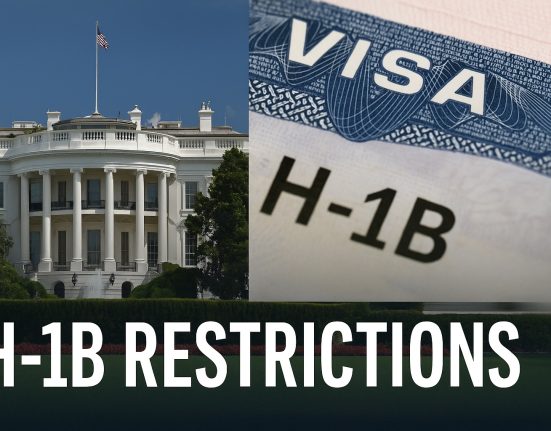Senator Ali Ndume, a prominent figure in the All Progressives Congress (APC) and representative of Borno South Senatorial District, has called on President Bola Ahmed Tinubu to address the perceived imbalance in federal appointments. During a recent interview, Ndume expressed concern that the current appointment pattern does not align with the Federal Character principle outlined in Section 14(3) of the 1999 Constitution. This principle mandates that political appointments should reflect Nigeria’s diverse ethnic composition to ensure no group feels marginalized.
Ndume pointed out that a significant number of President Tinubu’s appointees are from the Yoruba ethnic group, which he believes could lead to discontent among other ethnic groups. He emphasized that his intention is not to incite but to draw the President’s attention to a trend that could undermine national unity and political stability. Ndume noted that it may not be intentional and urged the President to correct the imbalance, citing his past criticisms of similar issues during former President Muhammadu Buhari’s tenure.
The senator also highlighted growing discontent within the APC, referencing recent public statements by former Kaduna State Governor Nasir El-Rufai, who felt abandoned by the administration. Ndume cautioned that ignoring these grievances could be politically risky, as those who feel neglected were crucial to the party’s electoral success. He advocated for inclusive governance, suggesting that balancing appointments across regions would not only align with constitutional expectations but also help reduce political tensions.
In response to these criticisms, the Presidency has maintained that appointments are based on merit, integrity, and geographical spread. However, the recent release of a list of appointees by the Special Adviser to the President on Media and Public Communication, Sunday Dare, was met with controversy due to omissions of key figures like the President’s Chief of Staff, Femi Gbajabiamila. The list showed a distribution of 29 appointees from the South-West, 35 from the North-West, 22 from the South-South, 16 from the South-East, 25 from the North Central, and 24 from the North-East. Critics argue that the South-East is significantly underrepresented, further fuelling allegations of regional imbalance.
Despite these challenges, there is an opportunity for President Tinubu to address these concerns and promote a more inclusive governance structure. By engaging constructively with critics and ensuring that appointments reflect Nigeria’s diversity, the administration can strengthen national cohesion and demonstrate its commitment to equity and fairness. This approach would not only align with constitutional requirements but also foster a sense of belonging among all Nigerians, which is crucial for the country’s stability and progress.







